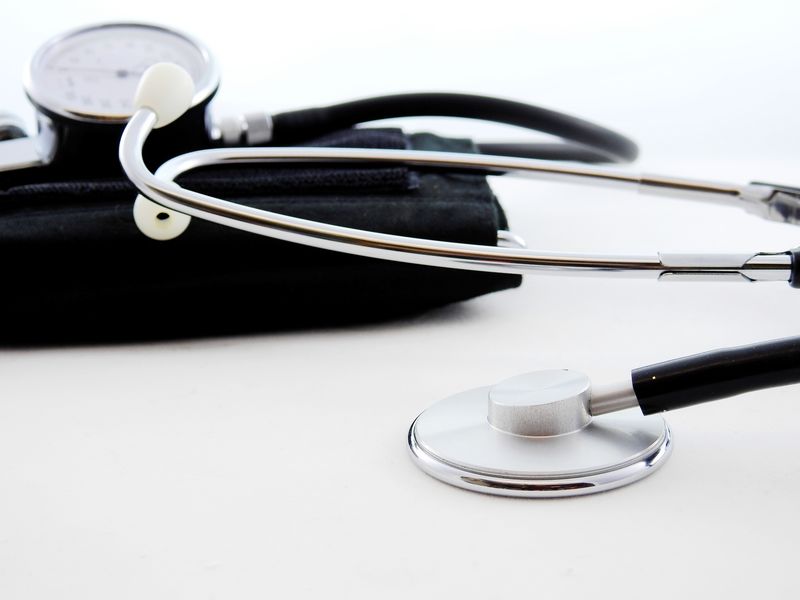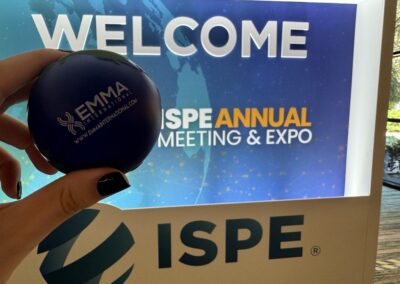For a long time, healthcare was in the hands of doctors. People listened only to their doctor’s advice on how to manage their health and live a healthy lifestyle. Recently healthcare has become something people take into their own hands. This had been made all the easier through the use of the internet providing information in seconds, the popularity of social media, and wearable medical devices.
The internet has allowed for easier and more convenient interactions between healthcare professionals and patients. Virtual doctors’ visits have become extremely common, especially during the height of the COVID pandemic in 2020. These types of visits allow for a person to be diagnosed from the comfort of their home. For more serious conditions in-person visits may still be required to provide a diagnosis, but for more simple diagnoses a virtual visit will be more than sufficient.
Fitbits, smartwatches, wearable heart monitors, etc., all these devices can help a person keep track of their health and work towards a goal they have set for themselves. Even patch-like biosensors, which can monitor a person’s vitals while on the move,[1] are becoming more and more commonplace. Even more advanced treadmills, like Peloton, help people take control of their health. The majority of these devices need FDA approval before being placed on the market. While some of the devices have predicates that can make the path to approval easier, totally new devices will have a much harder time getting to market. Yet this does not deter manufacturers as more and more innovations emerge every year.
Social media has allowed manufacturers to advertise their products in a way that reaches many more people than before. Even demonstrating how they work and providing quick technical assistance to customers. People even post their progress, being tracked through the devices, onto their accounts, which companies sometimes use as testimonials. Social media has allowed medical devices to become more commonplace than ever.
Companies have started incorporating entire social media divisions into their organizational structure to take advantage of the benefits of social media. Yet, as stated before, their products still need FDA approval. EMMA International can help get medical devices approved for market, regardless of what pathway they may need. From ensuring that all the necessary quality systems and procedures are in place to helping file the needed registration paperwork, EMMA International does it all. EMMA International can help innovation reach reality, give us a call at 248-987-4497 or email info@emmainternational.com to get in touch with our team of experts today.
[1] Wearable Biosensor Wireless Remote Sensing device: Philips Healthcare. Philips. (n.d.). Retrieved November 6, 2021, from https://www.usa.philips.com/healthcare/product/HC989803196871/wearable-biosensor-wireless-remote-sensing-device?origin=2_us_en_5370367_Skimlinks_mixedtype_cj&utm_source=5370367&utm_medium=affiliate&utm_campaign=cj&utm_content=mixedtypeq&cjevent=dfa6710c3f0d11ec824e165b0a82b820.





